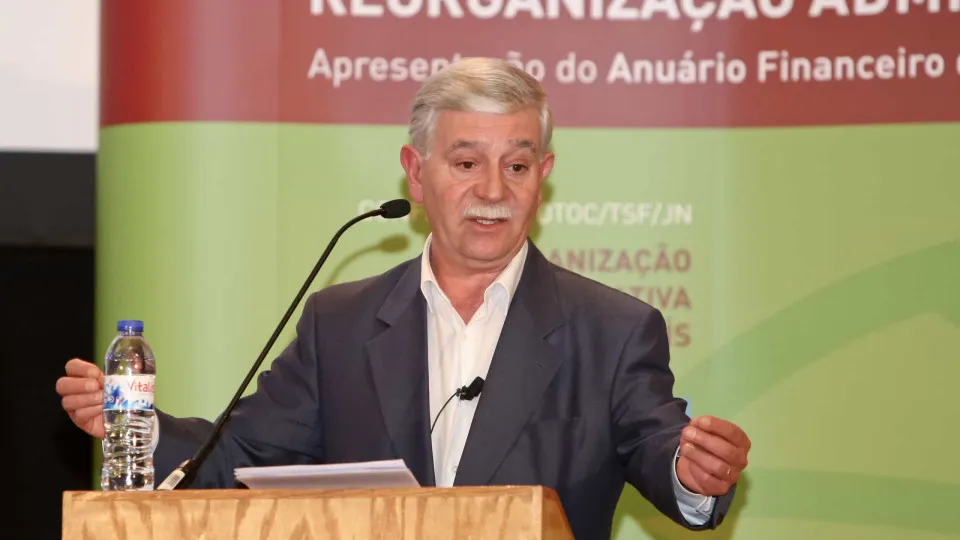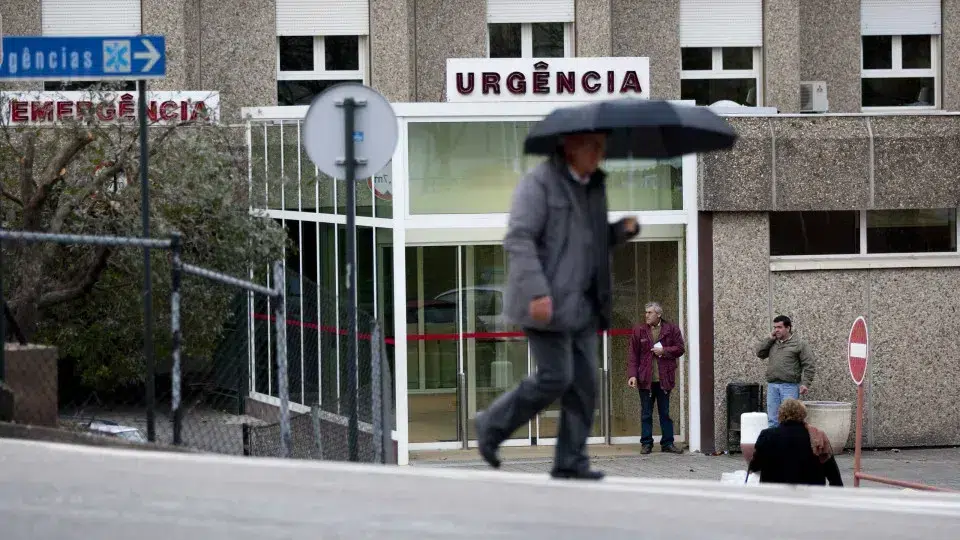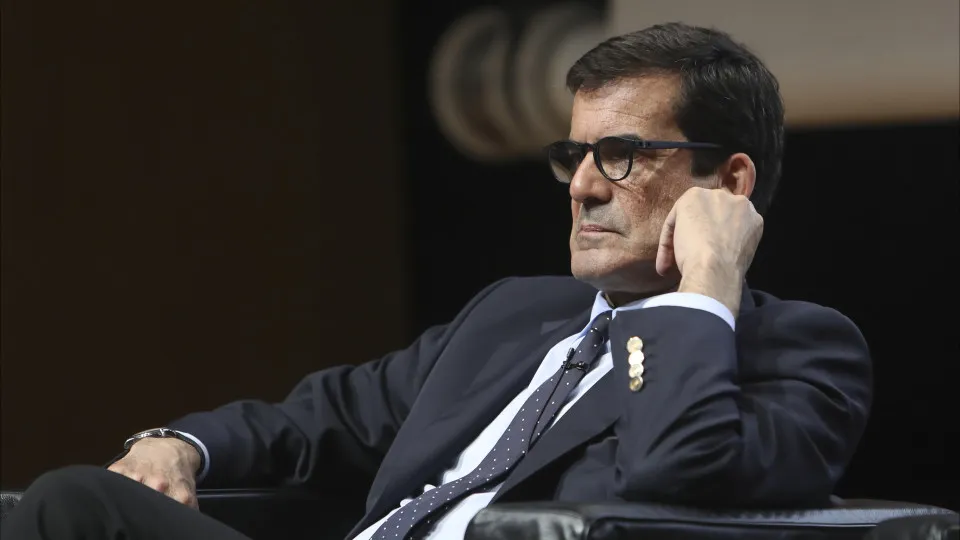
“The government needs to go further if it’s truly committed to enhancing public administration and improving the quality of public services,” stated José Abraão, the Secretary-General of Fesap, regarding a new multi-year agreement to enhance public administration workers, currently under discussion with unions.
The executive has expressed willingness to move forward with a new agreement, proposing, among other measures, a 10-cent increase in meal allowances for public workers annually starting in 2027, along with salary increases of 2.30%, with a minimum of 60.52 euros by 2029.
In this context, the Secretary-General of the Federation of Public Administration Unions and Entities with Public Functions (Fesap), who was re-elected today for a third term during general assemblies, urged the government to consider some of their proposals.
These proposals include the creation of career tracks for educational or support assistants and accelerating the implementation of the so-called ‘career accelerator’ created by former Prime Minister António Costa’s government, in addition to revising unrevised career paths and enhancing general careers.
“We are open to all types of negotiation, regardless of the subject matter, as long as they are sensible, reasonable, and improve the functioning of public services, enhance workers’ lives, and effectively retain competencies,” he emphasized during the closing session of the seminar “Reforming the State by Enhancing Salaries and Workers” held today at the headquarters of the General Union of Workers in Lisbon.
On the government side, the Secretary of State for Public Administration highlighted some measures already implemented by the executive in her opening remarks, such as the current multi-year agreement, the recovery of teachers’ service years, or the mission and risk supplement for security forces, and outlined “six measures” deemed priorities.
Among these, Marisa Garrido emphasized revising the Public Administration Performance Management and Evaluation System (SIADAP) or even creating “a new” performance evaluation system “with significant rewards focused on merit and achieved results,” noting that currently, “prizes are given through managerial decisions and repositioning.”
The Secretary of State mentioned the development of “a single human resources platform,” recognizing that there are “over 100 platforms dispersed across public administration.” Since September, she has been meeting with various central administration entities to “raise awareness” about the importance of performance evaluation.
“There’s a lot of responsibility in what we’re doing,” assured the government representative, pointing out that the 2026 State Budget proposal (OE2026) allocates a “significant amount” for public administration.
“Everything has been done with a lot of responsibility and a strong focus on financial sustainability,” she said.
Regarding the audit initiated by the Inspectorate-General of Finance on the implementation of the “career accelerator,” it was mentioned that “preliminary results” are available, but no further details were provided.
Meanwhile, the Minister of State and Finance, Joaquim Miranda Sarmento, affirmed the government’s commitment to ensuring equitable progressions and reminded that the revision of general careers is scheduled for 2027.
The current agreement, signed in November 2024 with two public sector unions (Fesap and the Trade Union Front), stipulates increases of 2.15%, with a minimum of 56.58 euros for the coming year.
For 2027 and 2028, the agreement sets increases of 2.3%, with a minimum of 60.52 euros, and among other measures, it has updated the value of meal allowances by 5% starting this year.




